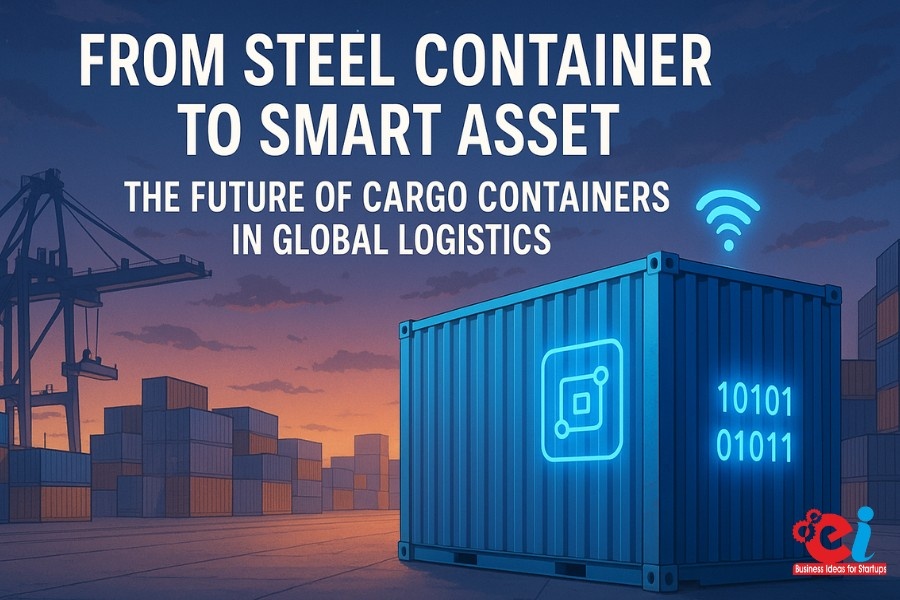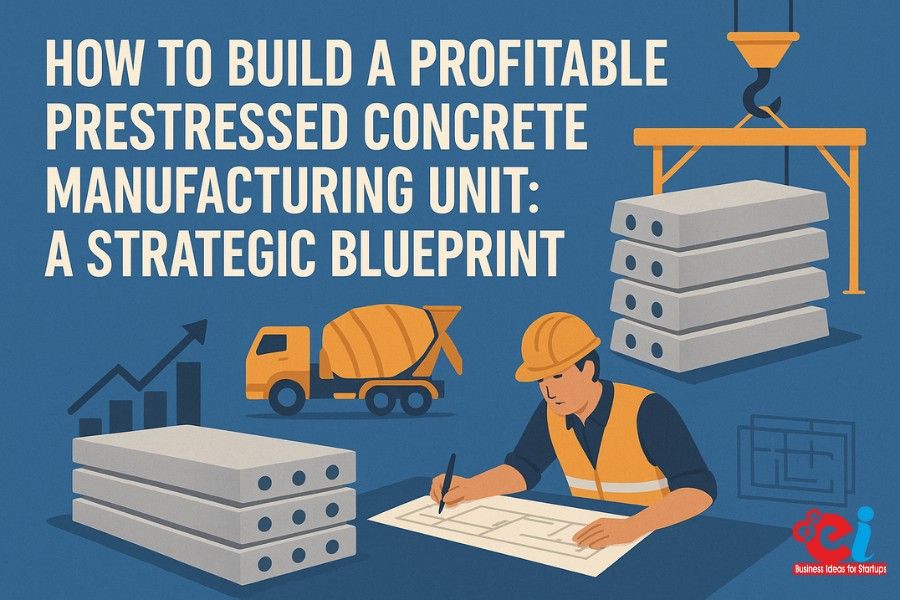The Silent Revolution in Global Trade
Cutting down cargo handling time and ease of transport was once achieved with the use of a standard sized steel box containing goods. In today’s world that simple innovation is valued beyond expectation. The rigid form of steel containers today make them much easier to stack, which also contributes to their structural durability. These traits, combined with advanced transport systems, have made it possible for over 20 million steel containers to be transported around the globe.
Yet, contemporary logistics challenges require more than just the application of brute force. The container’s role is being redefined with requirements such as real-time monitoring, better supply chain visibility, and inventory control. GPS monitoring, remote locking, environmental monitoring, and IoT sensors are some innovations enabling containers to function as intelligent systems capable of self-reporting their status and health from any point in the world.
Smart Containers: Bringing Intelligence to Steel
The integration of smart technologies into freight transport transforms the traditional steel container into a pro-active data-rich interactive asset. Rolling shutters single-handedly evolved the concept of secure access, enabling remote locking and offering advanced security protection. Experts specialize in environmental monitoring that can report climatic internal climate changes and the security status of the container.
Gaining the ability to detect unauthorized door opening situations, measuring temperature, or reporting shocks and vibrations during transit is indeed a big win for pharmaceuticals, perishable foods, and high-value electronics stakeholders.
Containers are increasingly being equipped with IoT sensors and communication modules which guarantee reduced delays, improved cargo security, and predictive insights into fleet management. These technologies are swiftly becoming the norm for major global shipping lines and logistics providers looking to optimize their operations and offer value-added services to customers.
The Steel Container’s Role in Cold Chain and Sensitive Cargo Logistics
In terms of cold chain logistics, steel containers are of utmost importance. Accurate temperature control for items such as seafood, dairy products, frozen foods, vaccines, and many other previously cited items require specialized insulated and refrigerated units known as reefer containers. These units require perfect performance during cross continental voyages.
Reefer containers of steel are now equipped with remote control systems and real-time monitoring for temperature, humidity, and air circulation. They make sure goods are within strict compliance during movement. In regard to exporters and regulators, especially within the pharma supply chains, automatic logging of data, alerts messaging of temp breaches, and remote temperature systems are now vital.
Related: Steel Containers: Key Role of Cargo Containers in Global Trade
Steel Containers and the Global Push Toward Sustainability
The steel cargo container is renowned for its durability, recyclability, and reusability as adopted by many industries around the globe pursuing circular economy models. Steel is one of the most recycled materials in the world. After the container’s useful life of 15-20 years, it can be repurposed into mobile offices/storing, housing, or even disaster shelters. This extended lifecycle reduces demand for new materials and limits environmental impact.
To enhance the environmental sustainability of new containers, manufacturers are utilizing lightweight eco-friendly coatings as well as composite-steel designs. In addition, logistics providers, through the digital optimization of container usage and routing, are reducing the number of empty returns, thus improving the sustainability of international freight transport systems.
Investment Opportunities with Developing Economies
In developing economies, the use of containers is systematically altering trade patterns. Nations such as India, Vietnam, Nigeria, and Brazil are aggressively developing the ports and logistics systems in order to increase the range and value of imports and exports. There is a strong expectation that container freight transport will increase drastically in these economies due to the development of e-commerce, manufacturing, and urbanized consumption.
There is also great potential for investment in the container market regarding the manufacture, lease, refurbishment, and IoT integration of containers. SMEs and new logistics companies are entering the market by offering container storage, maintenance, and asset-tracking services. In collaboration with the building infrastructure projects through trade facilitation policies, the government is also supporting locally based industries that manufacture containers as a part of supply chain modernization policies.
Issues Related to the Management of Steel Containers
For all their benefits, the management of steel containers poses logistical and operational problems. One prominent problem is container imbalance due to trade routes creating a disproportionate number of empty containers in import-heavy areas which are costly to reposition. Maintenance and repair, especially for saltwater marine containers or containers that undergo rough handling, are also vital for enforcing container durability.
As more containers are equipped with connection capabilities, data privacy and uniformity across IoT ecosystems are becoming issues. Ensuring reliable tracking and monitoring across international carriers, ports, and customs systems requires considerable effort and investment in non-compatible technologies. Furthermore, without grants or loans from other private funds, the expense associated with retrofitting traditional containers into smart ones could be too much for smaller fleet operators.
Related: Profitable Steel Containers Business Opportunity
Steel Container Investment and Export Prospects
India and Southeast Asia are actively trying to market themselves as new container manufacturing and export potential. These countries possessing extensive capacity for steel production with skilled personnel of reasonable pay present an opportunity to fill the void of containers that arose during the pandemic.
Investors are looking to capitalize on new constructions associated with container fabrication, smart technology integration, container leasing and repositioning platforms, contracting sustainable repurposing containers for business. The ability to provide “smart-ready” eco-efficient steel containers will distinctly advantage competing firms looking to capitalize as global brands and supply chain networks require increased transparency, compliance, and low-carbon logistics.
How NIIR Project Consultancy Services (NPCS) Aids in Steel Container Business Development
NPCS NAIR offers one-stop consulting and feasibility provided for those looking to invest in container manufacturing and logistics business. Be it building a new steel container fabrication plant or starting a retrofitting line for retrofitting smart containers, NPCS prepares comprehensive project reports covering all relevant aspects including technical, financial, regulatory, and operational.
Their work includes custom plant layout design, designing and selecting suitable machinery, estimating costs, vendor listing, and even providing financial projections complete with ROI, IRR, and breakeven calculations. NPCS also helps clients with BIS certification, environmental clearance, and international trade logistics.
With the services and offers knowledge, entrepreneurs and investors can design and turn their ideas into commissioning seamlessly and invest into one of the most resilient and high-impact sectors of global trade.
Steel Containers as Intelligent and Tactical Facilitators of International Trade
The steel container (cargo containers) has transformed from a simple metal box into an integral part of modern logistics. These freight vehicles are evolving to become more than just transport units. With the implementation of modern sustainability practices and smart technologies, they are becoming richly-informed and eco-friendly assets propelling international trade.
Steel containers will continue to be a cornerstone of trade infrastructure as the world transitions towards more intelligent, rapid, and eco-friendly supply chains. For developing economies, shifting from importers of containers to producers, recyclers, and digital solution providers creates avenues for logistical dominance alongside industrial advancement.

















